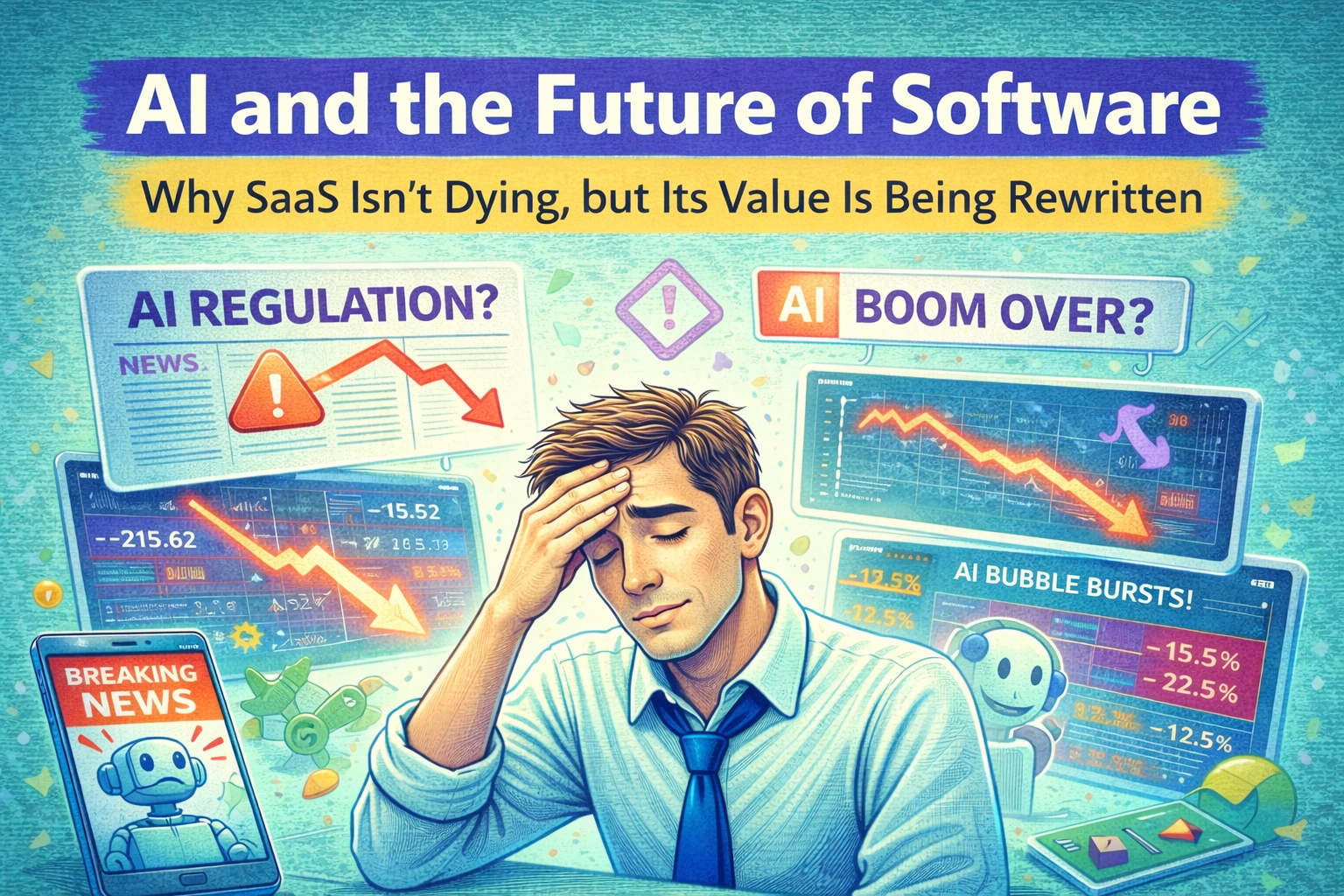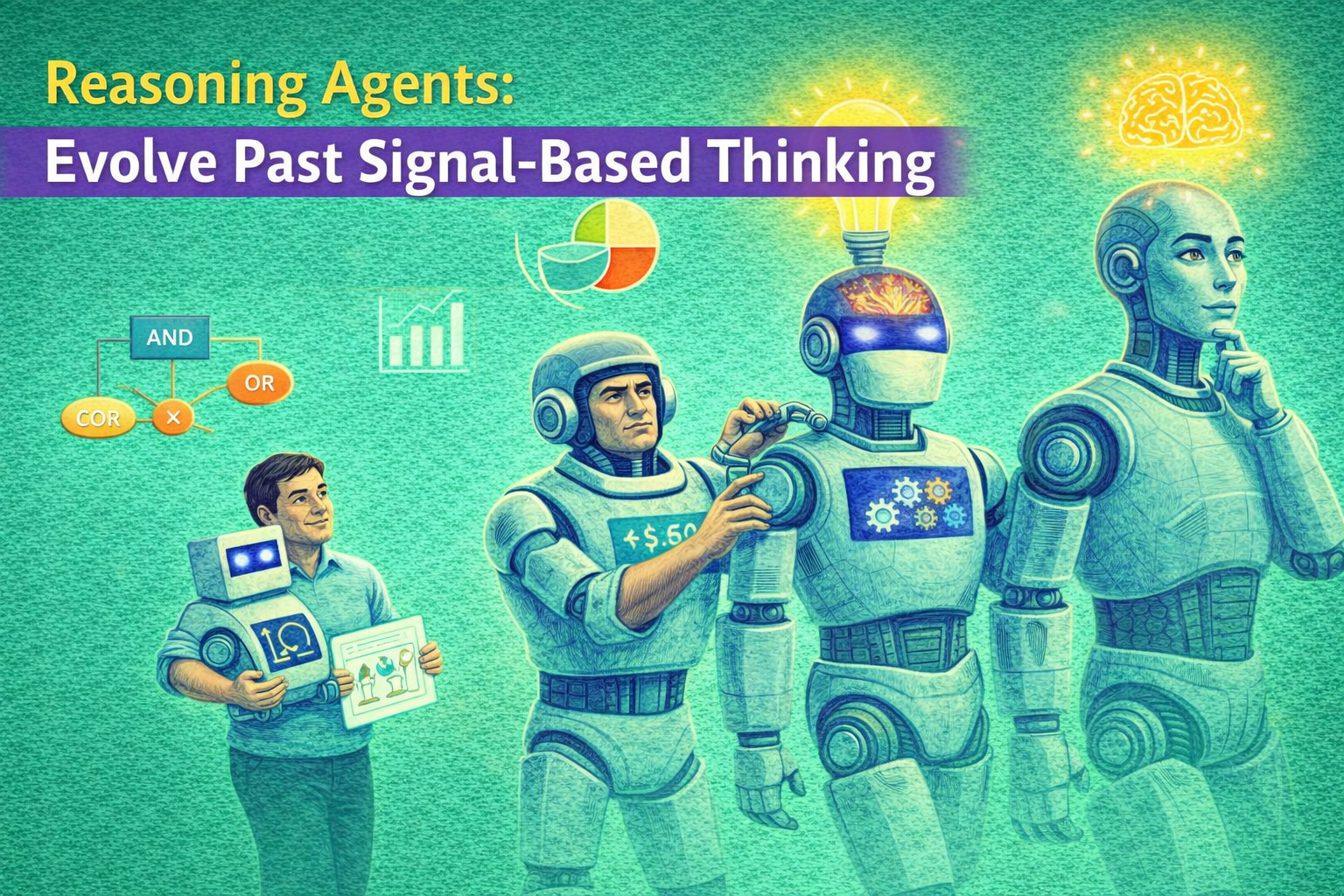The Case for Email Frameworks > Email Templates
Cold email templates are suboptimal, at best. Email frameworks get results. Here's why, and how to use frameworks on your team.

We have a disdain for email templates. They're a necessary evil for scale, but they fail us on several fronts. It's why you won't see us aggressively promoting "best cold email templates."
To an extent, email templates are cheap marketing hacks that will likely deliver poor performance by the time you find them.
Why Email Templates Don't Work
While templates are great for driving short term efficiency, they fail in three main ways:
- They're not flexible
- They fail to teach
- They're hard to optimize
Let's break those problems down, define framework thinking and how it can help:
- Lack of flexibility
It's no secret personalized emails perform better. As sales teams make the transition from volume-based emailing to higher quality writing, I've noticed something funny.
Sales teams are given a template... then told to slap some personalization in it. You end up with something like this:
"I saw you're a Braves fan. I knew I had to reach out."
Then they launch into a pitch. This experience is extremely jarring for the reader. In the reader's head it goes something like this:
"Oh?... Ohhh. No."
Now, not every example is this jarring, but the subtle changes are picked up. Your reader is thinking:
What does me being in hiring mode have to do with that?
Templates aren't designed to flex. So when we slap personalization on it, we can break the rhythm. The flow of the email is super important. Templates don't set us up to create flow well. - Failing to teach
Talking "flow" leads me to teaching. You can't create logical flow if you don't understand what's going on.
Templates fail to teach the writer anything. Especially if they're just told to hit send. The manager is hoping you'll "figure it out" like they did.
Well... the manager figured it out during a time when volume won. Their playbook is dated. You need to create a system that lifts those sales reps up to better performance. - Hard to optimize
Since the template isn't teaching the rep anything outside of mimicry... the team is in trouble when the template stops working.
Email templates are temporary. The old thinking around templates tends to be:
1) You find something that works.
2) You repeat it until it stops working.
3) You (scramble to) find something new.
The new way of thinking needs to be:
1) You find elements of your writing that work
2) You play with building blocks to find new optimal results
Always shortening the cycle:
Test → Learn → Evolve
Since templates don't teach you what the elements of your writing are, it's next to impossible to iterate and understand what you're learning from any test.
Email Framework Thinking
Let's get right into what email framework thinking is. Go find a template your team is using:
1) Why are you sending that email?
2) What's the point of your email?
(does it line up with #1?)
3) What's the point of each sentence?
(Is it an observation? Does it build credibility? Does it explain what you do?)
4) Does each sentence serve the point of the whole email?
5) Does each sentence (and it's point) logically lead into the next?
What you'll find may surprise you... you're actually being thoughtful about the content you're sending. You're learning what makes up your emails. You're finding the framework that made your template.
Once you see "oh that phrase is building credibility," you can start to think of other ways to accomplish the same goal. A phrase becomes a building block. The building block is something you can test and actually learn something from.
Why? Because you understand it's purpose.
So...
Email Frameworks Flex
When you understand the building blocks, you can more easily mold them to the purpose of your note. You can adjust your template to actually speak to why you're reaching out.
You can create flow.
Email Frameworks Teach
When you understand the building blocks you're actually teaching more than writing. You're teaching clearer thinking across the organization.
Since they understand purpose, they'll be better set to move into marketing, AE roles, and management roles. This is because they'll be able to better utilize what they know. They'll even be able to teach it to others.
Frameworks A/B Test
If you told a sales team to "A/B" test an email, they'd probably change a word or two. Maybe they'd switch up the "value prop."
If you asked them what they learned... you'd get a lot of "um's" and "ah's." Frameworks allow folks to better understand how to test and evolve.
You're testing a credibility statement. You're testing a description of what you do. You're testing an observation or personalization trigger. Since you know what you're testing, you can more easily explain what you're learning.
Frameworks can be optimized
Frameworks should be at the core of every team's email ramp program. Managers should be required to explain to reps "why" something exists within an email.
They should be required to brainstorm with those reps to evaluate new ways of approaching those building blocks. Fresh eyes bring great ideas.







